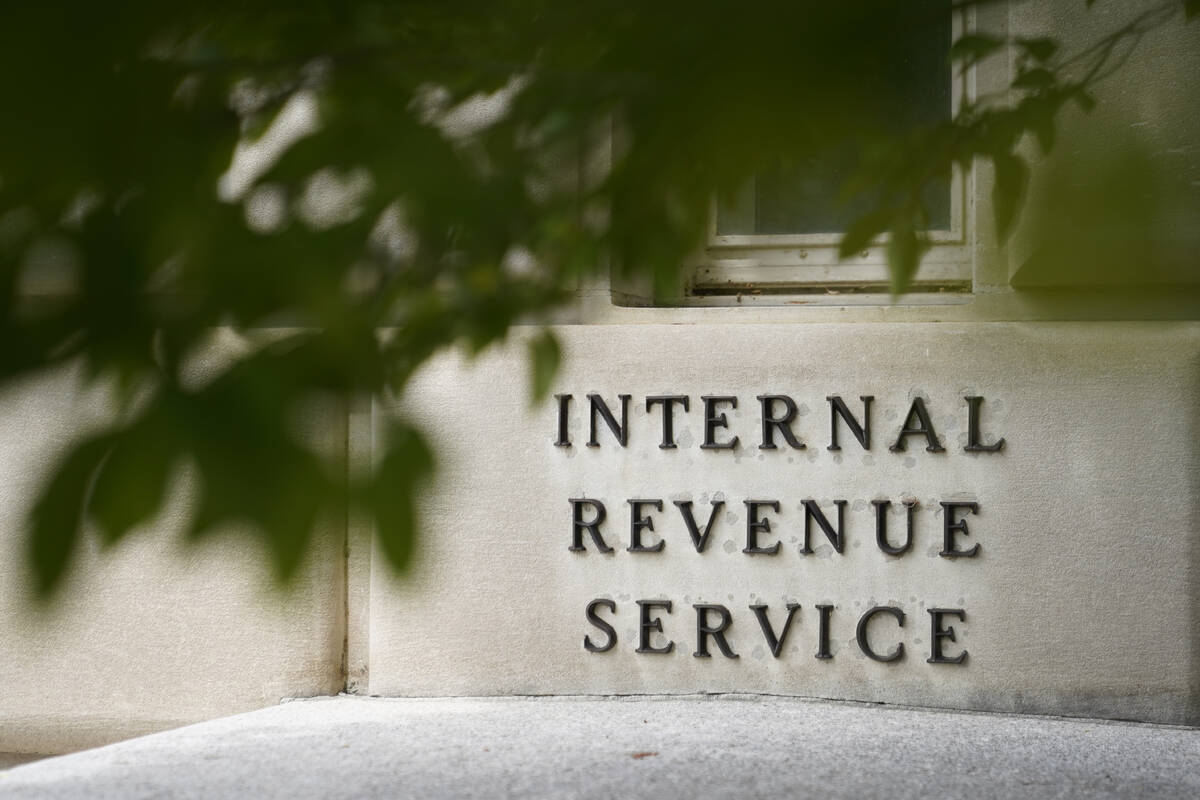IRS raises retirement account contribution limits
Americans will be allowed to contribute more of their money to 401(k) and similar retirement saving plans next year.
The IRS said Friday that the maximum contribution that an individual can make in 2023 to a 401(k), 403(b) and most 457 plans will be $22,500. That’s up from $20,500 this year.
People aged 50 and over, who have the option to make additional “catch-up” contributions to 401(k) and similar plans, will be able to contribute up to $7,500 next year, up from $6,500 this year. That’s means a 401(k) saver who is 50 or older can contribute a maximum of $30,000 to their retirement plan in 2023.
The IRS also raised the 2023 annual contribution limits on individual retirement accounts, or IRAs, to $6,500, up from $6,000 this year. The IRA “catch-up” contribution limit remains at $1,000, as it’s not subject to an annual cost of living adjustment, the IRS said.
The changes, among others announced by the IRS Friday, make it easier for retirement savers who use these types of tax-advantaged plans to set aside more of their income toward building their nest egg. That’s especially helpful for older workers who got started saving for retirement later in life and can benefit from higher contribution limits.
Boosting the contribution rate on a 401(k) or IRA plan, even by 1%, can make a big difference over 10 or 20 years, assuming the saver remains employed and making contributions the entire time.
The IRS also increased the income ranges for determining whether someone is eligible to make deductible contributions to traditional IRAs, Roth IRAs or to claim the “saver’s credit,” also known as the retirement savings contributions credit, increased for 2023.
Taxpayers can deduct contributions to a traditional IRA if they meet certain conditions. If during the year either the taxpayer or the taxpayer’s spouse was covered by a retirement plan at work, the deduction may be reduced, or phased out, until it is eliminated, depending on filing status and income, the IRS said.
The IRS has outlined the details on these and other retirement-related changes for 2023 on its site.






















